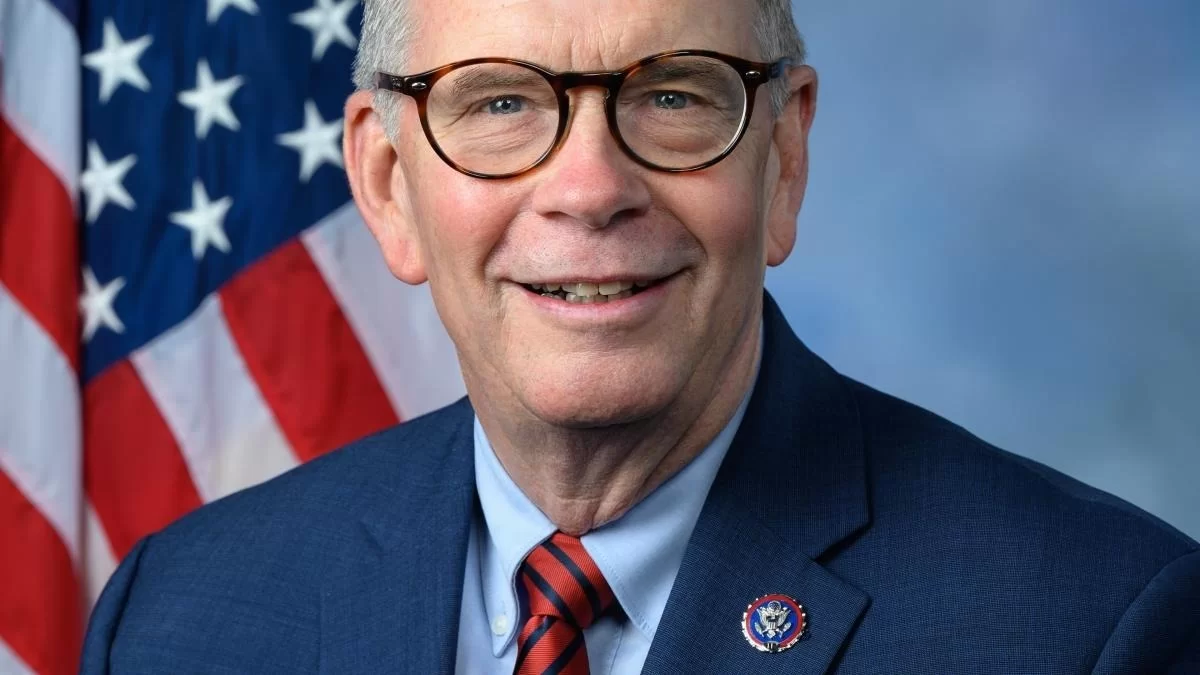Governor Mike DeWine | https://governor.ohio.gov/administration
Governor Mike DeWine | https://governor.ohio.gov/administration
Ohio Governor Mike DeWine has opened applications for the fourth round of child care stabilization grants, totaling $200 million from the federal American Rescue Plan Act (ARPA), to aid childcare programs with operating costs, workforce recruitment, and mental health initiatives. This move comes as part of a broader plan to strengthen Ohio's childcare system amid ongoing challenges.
Embarking on this initiative, according to the press release, steps are being taken to raise the base reimbursement rate for publicly funded child care to the 35th percentile of the 2022 market rate survey, aiming for a further increase to the 50th percentile by December 2024, to support over 5,000 programs across the state amid workforce challenges and rising costs.
Moving ahead with his vision, according to the press release, Governor DeWine said, "We have been focused on increasing the safe, stable, quality child care programs to ensure Ohio’s youngest students have the best possible foundation for their future learning. We are now focusing on supporting early childhood professionals in order to increase the availability of child care spaces for working parents and caregivers."
Tackling major industry issues,according to the press release, child care providers are grappling with staffing shortages and rising expenses, according to Ohio Department of Children and Youth Director Kara Wente. The decision to raise the base rate reimbursement for publicly funded child care is expected to benefit over 5,000 programs throughout the state. This ongoing reimbursement increase, coupled with an additional round of one-time grant funding, will assist providers in serving children and their families.
In a bid further assist these efforts, according to the press release, the Ohio Child Care Resource and Referral Association is now accepting applications for the fourth round of child care stabilization grants, totaling $200 million in discretionary funding from ARPA. These grants can be utilized for various purposes, including operating costs, workforce recruitment and retention, expanding access, and promoting mental health and well-being for students and employees.

 Alerts Sign-up
Alerts Sign-up